Micheal Mann, the director of “Ferrari,” described the main goal of the film as “immersing the audience” in the stressful, fast-paced life of legendary car racing pioneer Enzo Ferrari and the pivotal time in his life that was the summer of 1957. This summer was the make-or-break moment for Ferrari as a company, and Ferrari as a person. Financial struggles, family drama and a tragedy—which ended in a potential scandal for Ferrari—all culminated in what was one of the most captivating stories in racing history. Unfortunately, despite an almost $100 million budget, with the likes of Adam Driver and Penélope Cruz leading his cast, Mann failed in his mission.
Film bro’s and car buffs alike tightly settled around me into a jam packed, slightly musty, yet nevertheless energetic Regal theater in Bend’s Old Mill District. After a myriad of previews and that dreadfully corny “movie quote” Regal commercial played, the lights dimmed and “Ferrari” began. In turn, a series of unfortunate mistakes began, leading to one of the most disappointing feature films I’ve seen in theaters in a long, long time. “Ferrari” lacked integrity, and never established a solid identity or purpose, while strongly disregarding its few strong points.
Don’t get me wrong, Mann’s directoral chops come through in some aspects. The film is visually stunning, with beautiful colors popping throughout and an expert understanding of 50’s Italian fashion and style. Additionally, its dialogue shines through as a diamond in the rough. Exaggerated soliloquies of things like racing being the “terrible joy” of its connoisseurs (as Mr. Ferrari called it), especially coming from Driver’s dramatic and intense depiction of Enzo Ferrari, bring the film some much needed support. This, along with Maranello, Italy’s jaw dropping natural beauty as “Ferrari’s” main setting, corroborates this biopic as the masterpiece it was meant to be.
But this begs the question: why does “Ferrari” fall so flat?
If “Ferrari” wanted to compare closer to the full-fledged, high-energy car racing action provided by its many predecessors, such as “Ford vs. Ferrari,” it easily could have. Although it did greatly miss the mark when it came to CGI, with overwhelmingly cartoon-like depiction of cars flying about after a crash, “Ferrari” provided expert sound design and heart-racing depictions of motorsport racing. Regrettably, this expert display of action does little to add to the washed-out narrative the film provides. In fact, it only distracts from the drama “Ferrari” weakly delivers.
“Ferrari’s” main misstep lies within its unmistakable lack of overall purpose. The film struggles to differentiate its identity: Does it want to be about Ferrari (the car), or Enzo Ferrari (the person)?
It opens by displaying Ferrari’s stressful and toxic lifestyle — a visit to his late son’s grave is quickly contrasted by a melodramatic argument with his wife, Laura Ferrari, who’s expert portrayal from Cruz fails to break through the dismissive writing her character received. Irritatingly, Mann quickly redirects the audience from the drama to the booming engine of a cherry red Ferrari, distracting from the emotional gravity of Ferrari’s actions. In this way, Mann creates a boring and confusing narrative that generally feels like a book whose chapters read out of order. With that said, the idea was there; Set up Ferrari’s dark and tragic past, while displaying the hectic schedule his day to day life followed.
“Ferrari” continues to struggle outside of its lackluster narrative delivery. Each new character introduced feels like a black & white afterthought compared to the exploding color Driver is provided as Ferrari. New characters are forgotten as quickly as they are introduced. Even a developing side story is forced to defer to the film’s constant tug-of-war between drama and action.
“It felt like the characters needed name tags,” claimed Summit junior Lily Ciaglo. “They all looked and felt the same.”
This lack of care for the film’s characters left what could have been powerful moments within a more-than-130-minute-long runtime just as unenthusiastic and boring as the next. The climax of the film, which follows the real-life tragedy of the 1957 Mille Miglia — a legendary long-distance car race — details the events leading to a fatal accident leaving almost a dozen dead. The crash results in the driver, a pivotal character to the film’s narrative, brutally killed. Ignoring the scene’s painfully poor CGI, the entire theater was shocked. Unfortunately, the significance of the scene was cut short. Instead of the tear-jerking reality of a young, up-and-coming driver dying, I was left asking: “wait… who is that guy again?” Mann’s continual failure to fully develop his characters dissipates any emotional conveyance this drama hoped to deliver.
When I left the theater following “Ferrari,” I was pondering a critical question. Was the misleading, confusing, distracting and twisted telling of the story the ultimate artistic decision? Did Mann direct the film in this way purposely, in order to display the misleading, confusing, distracted, and twisted life Ferrari lead? Did the film intentionally forget and dismiss its supporting characters, in order to display the manner in which Ferrari interacted with those around him? Was I missing the point?
After a brief day of thinking, I quickly realized that the point didn’t matter. No matter how artsy and metaphorical Mann intended the film to be, it was still dissatisfactory and underdeveloped. No amount of artistic vision can make up for a story which leaves the audience with more questions than answers. For a film whose script has been in development since the 90’s, “Ferrari” fails to convey the passion or care Mann put into it. Its T-shirt-worthy quotes and zealous acting performances aren’t enough to carry the weight of its lackluster narrative. And still, the bones of a convincing film are there, leaving it with not only an unfortunate aura of failure, but a burning sense of wasted potential. Without any true identity, “Ferrari” slowly and tediously waters down any good it had to offer.




















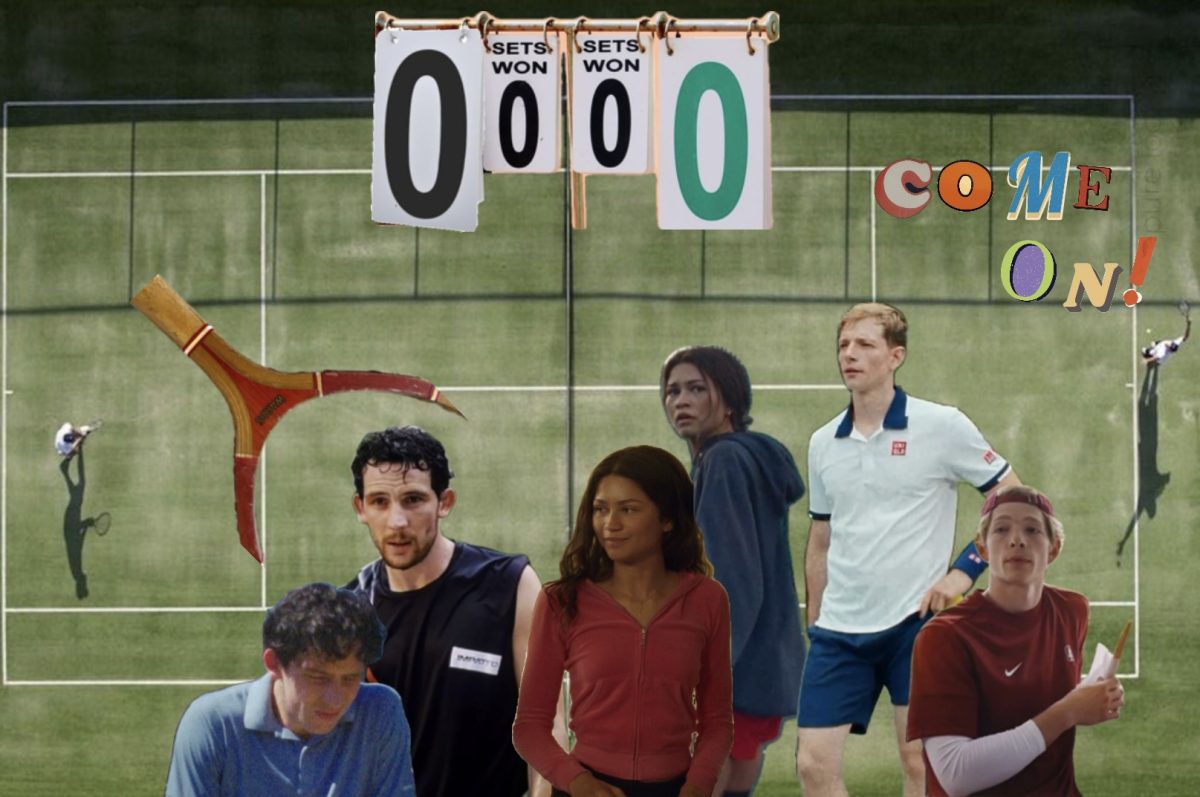


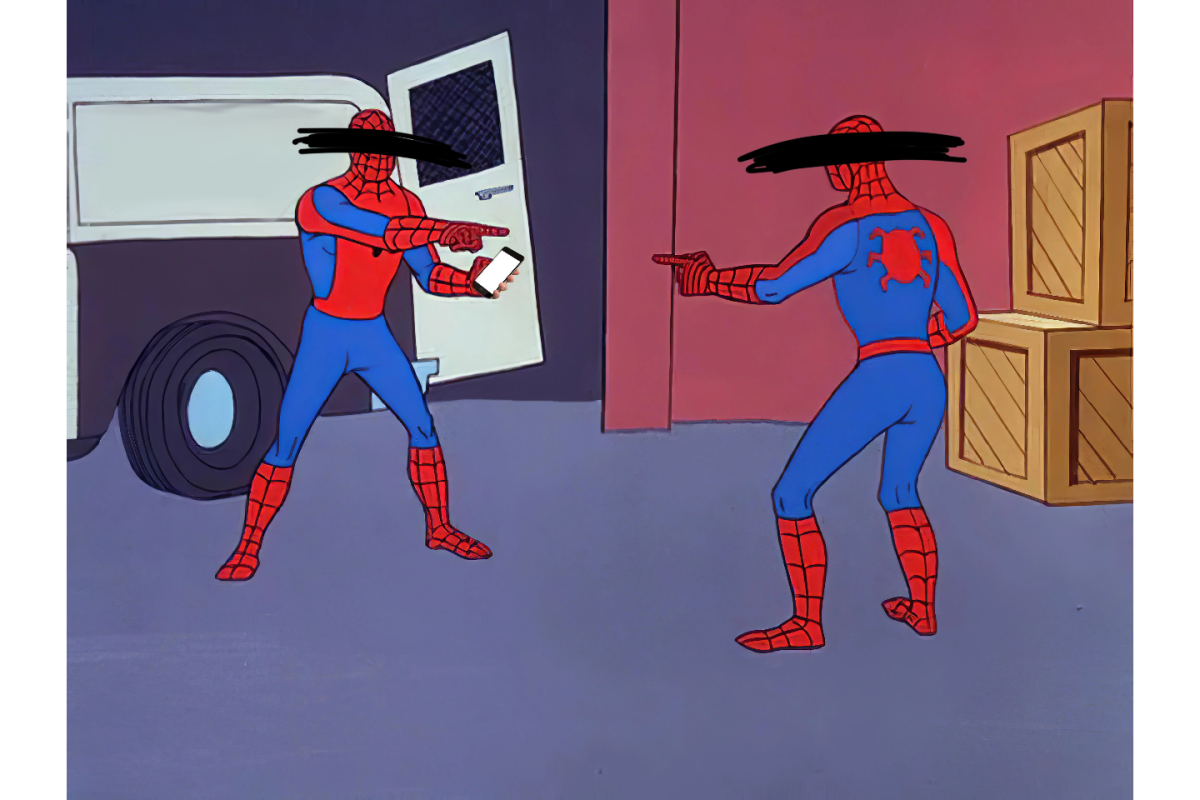
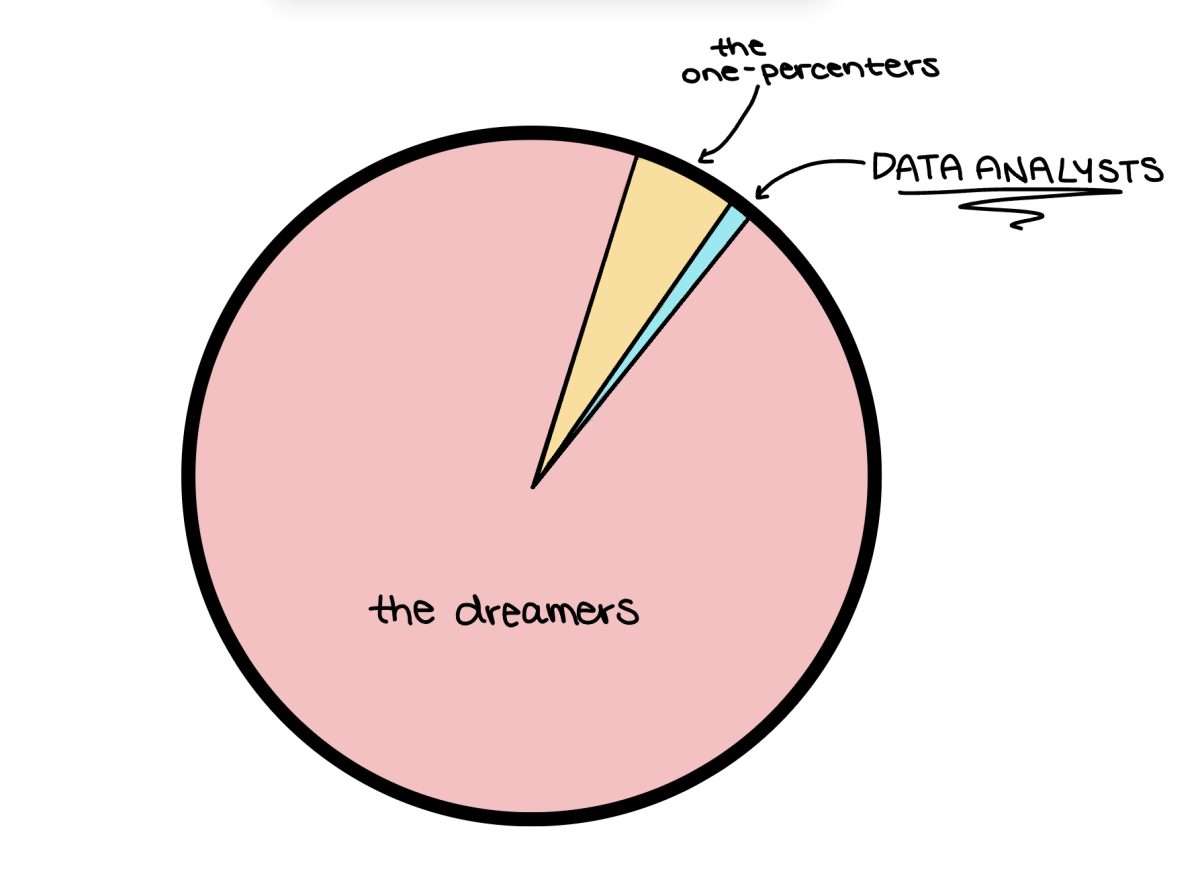





















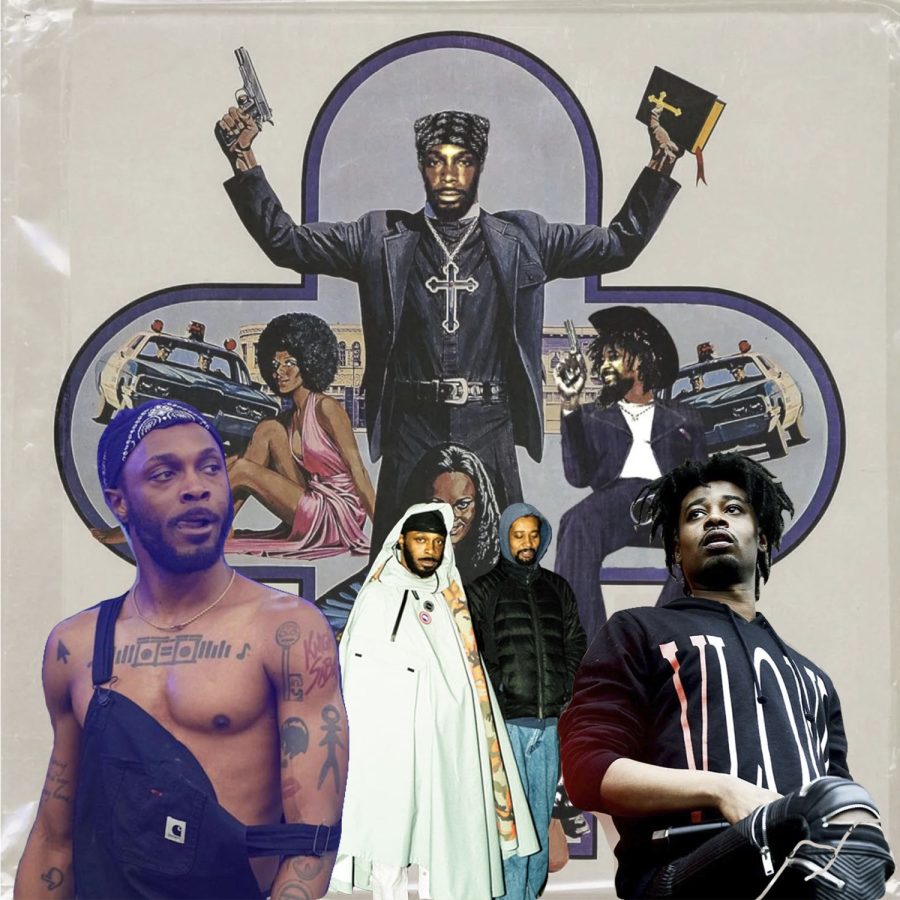



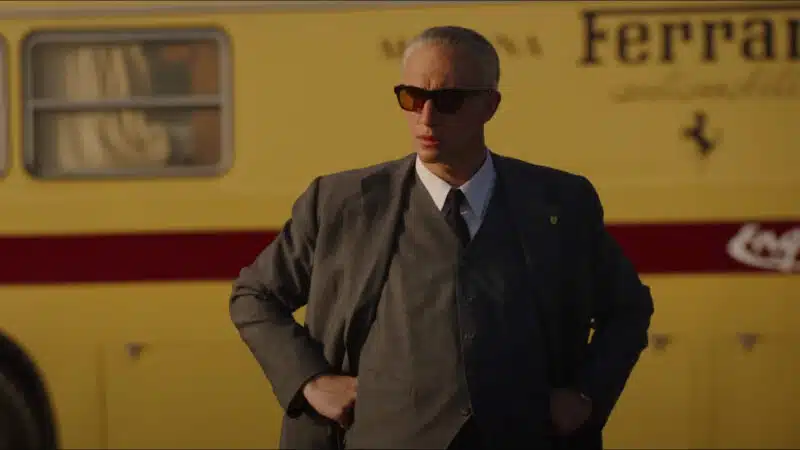


Judy Mimnaugh • Feb 28, 2024 at 2:23 pm
Great analytical writing.Well done, Finley Gober.